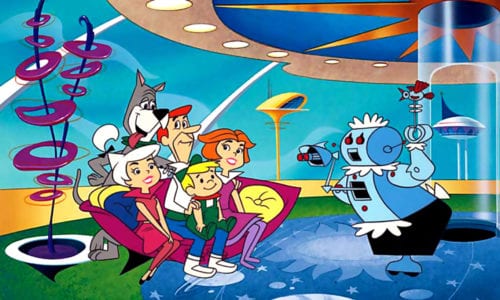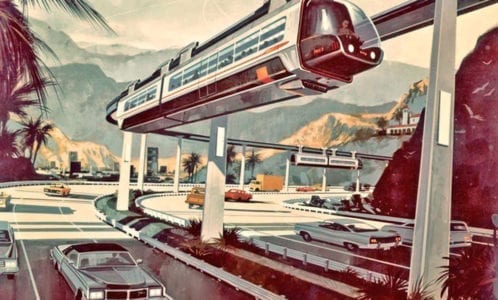The ‘glass ceiling’ of the environmental state and the social denial of mortality
Journal Paper by Richard McNeill Douglas
Environmental Politics
November 2019

Summary
Despite the development of the environmental state, climate change is accelerating. The concept of the ‘glass ceiling’—denoting an unexplained barrier, impeding the state from using its powers effectively to mitigate threats that it acknowledges should be addressed—has been put forward to account for this.
Here, a structural account of this phenomenon is advanced, which suggests that environmental policies are generally outcompeted among government priorities wherever they threaten the capitalist growth imperative. In addition, social/cultural factors, based on the psychology of denial, provide a necessary contribution to our understanding.
A three-fold denialism is at work: of climate change itself, the measures required to tackle it (where these contradict a modern faith in material progress), and the potential incapacity of the state to protect society (discouraging close attention to the effectiveness of its climate policies).
Introduction
The response of states to climate change appears to be faltering. States around the world have been officially engaging with the problem of climate change for three decades, since the 1988 formation of the UN’s Intergovernmental Panel on Climate Change. To date, however, climate science provides little evidence that the problem is being brought under control; in 2019 it was reported that Arctic sea ice had shrunk to second-smallest recorded extent (Viñas 2019), that the four years 2015–2018 were the hottest on record (NASA Global Climate Change 2019), and that atmospheric concentrations of CO2 were showing no signs of stabilising (Dunn et al. 2019). That this is a matter of serious importance follows from the fact that certain scenarios identify climate change as a truly existential threat to civilisation (Wallace-Wells 2017, Xu and Ramanathan 2017). If the state fails adequately to address this threat it will be failing to observe what Hobbes described as the ‘supreme law’ of political power: ‘the safety of the people’ (1998 [1642], p. 143).
Why are states not taking more decisive action, in spite of expert knowledge and political rhetoric that has in recent years publicly recognised climate change as threatening ‘irreversible catastrophe’ (Obama 2009)? One concept which has been put forward is that of the ‘glass ceiling’ (Hausknost 2017, 2020). In its original usage, the concept of a glass ceiling describes the apparent disadvantage that women have faced in rising to senior positions in the workplace compared to men, despite ostensibly fair selection procedures (Cotter et al. 2001). We might identify a threefold rationale for employing the concept in this original context. First, it names and thus makes tangible a systemic problem, encouraging those who experience it to recognise it as such (rather than, for example, treating their failure to win promotion purely as an individual mischance or deserved lack of success). Second, it seeks to make an employer acknowledge that it presides over an inequality of outcomes, and that to live up to its ostensible commitment to equal opportunities it should investigate and address the causes of this phenomenon. Third, by drawing attention to the not-obviously-visible nature of this phenomenon, it encourages a search for causes and solutions that takes in systemic and cultural issues, factors which might otherwise be overlooked if the focus remained on the stated intentions of a limited number of individuals. Within its original context, the glass ceiling concept has been influential and led to the identification of a number of remediating measures, although progress has remained slow (Baumgartner and Schneider 2010, Johns 2013).
Transplanted into the context of environmental policy, the glass ceiling concept is used to denote an unexplained barrier which apparently impedes the state from empowering its environmental policy function beyond a certain level of ambition – despite the state’s acknowledgement of serious environmental threats and ostensible commitment to protect citizens from their potential effects. Following the concept’s original usage, we might identify the potential aims of the concept in this context as being: first, to make publicly visible the disjuncture between the state’s own commitments to environmental protection and the reality of its actions; second, to press the state to acknowledge this situation and take responsibility for remediating it; third, to invite attempts both to analyse the causes of this barrier (being alert to less tangible, structural or cultural factors which may lie behind it) and to suggest the political actions which could break through it.
…
Link
The article is available on the Taylor & Francis website. If you have difficulties accessing the paper, please try your local library, or get in touch: info@cusp.ac.uk.
Citation
McNeill Douglas, R 2019. The ‘glass ceiling’ of the environmental state and the social denial of mortality, Environmental Politics. DOI: 10.1080/09644016.2019.1685218




